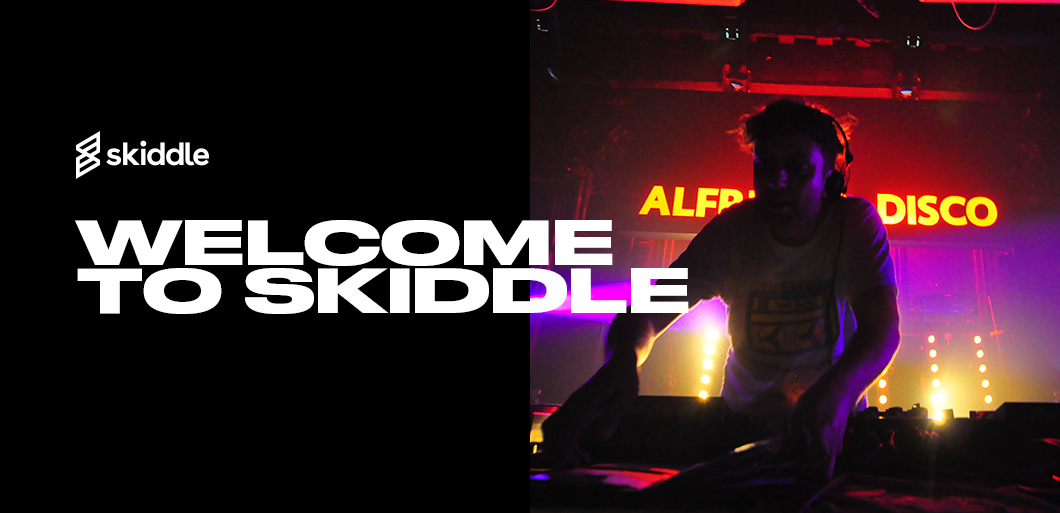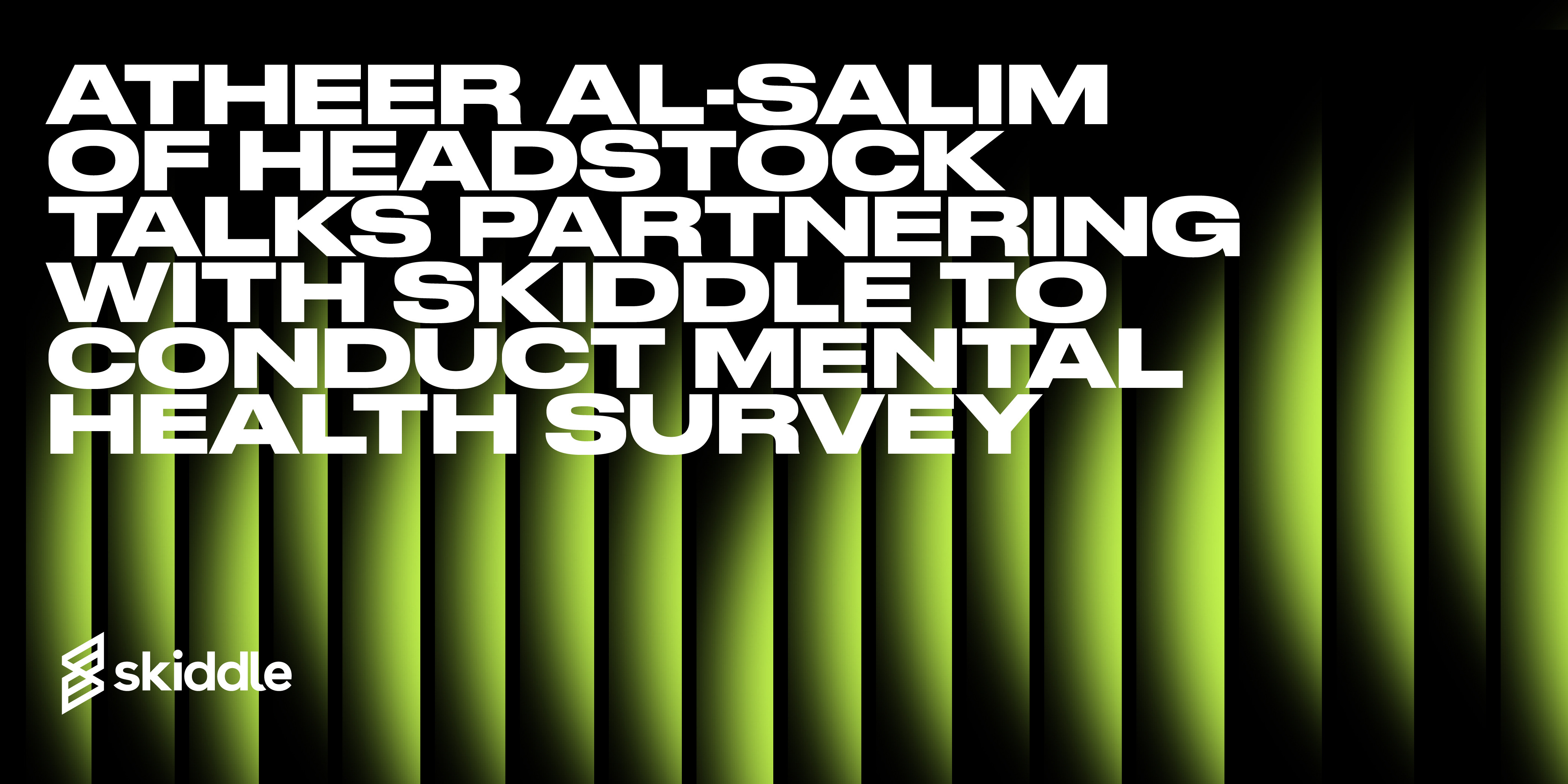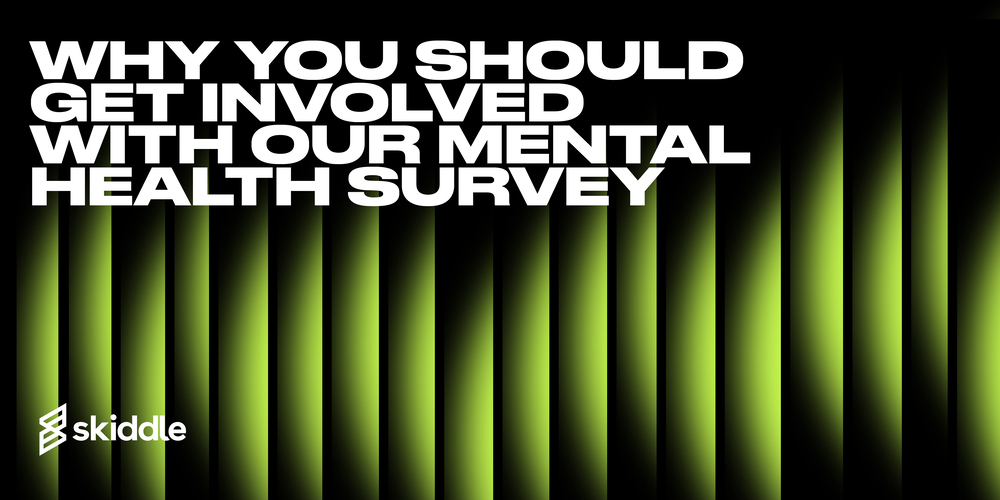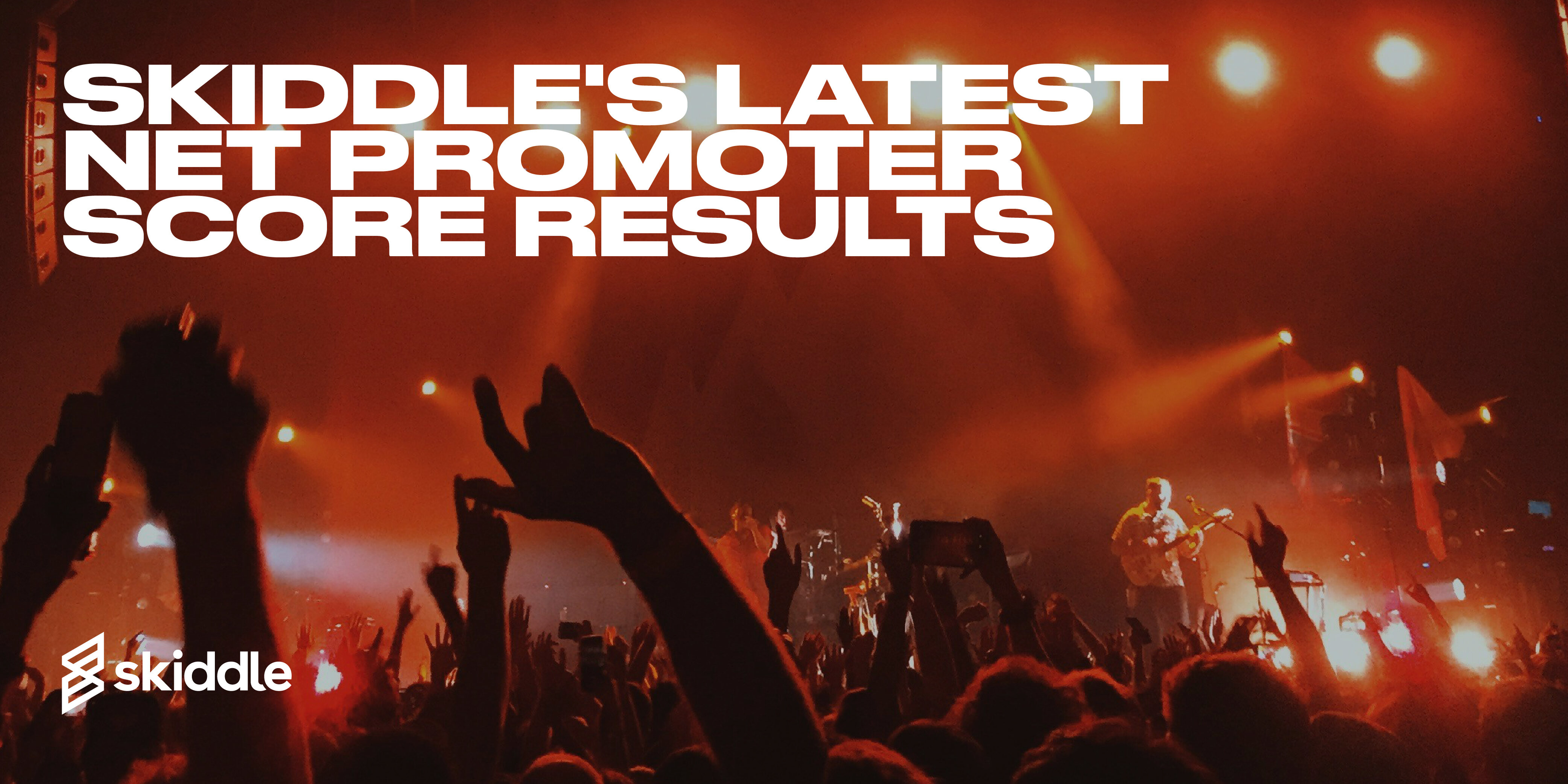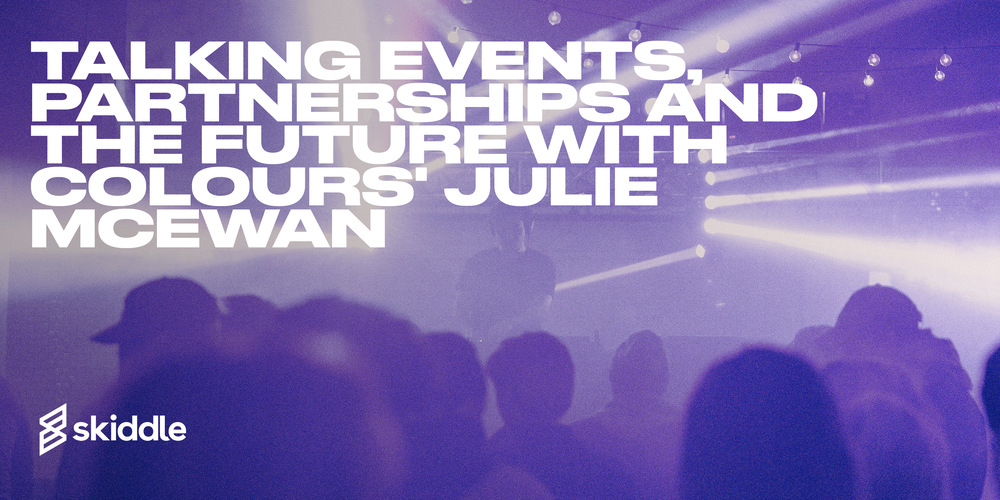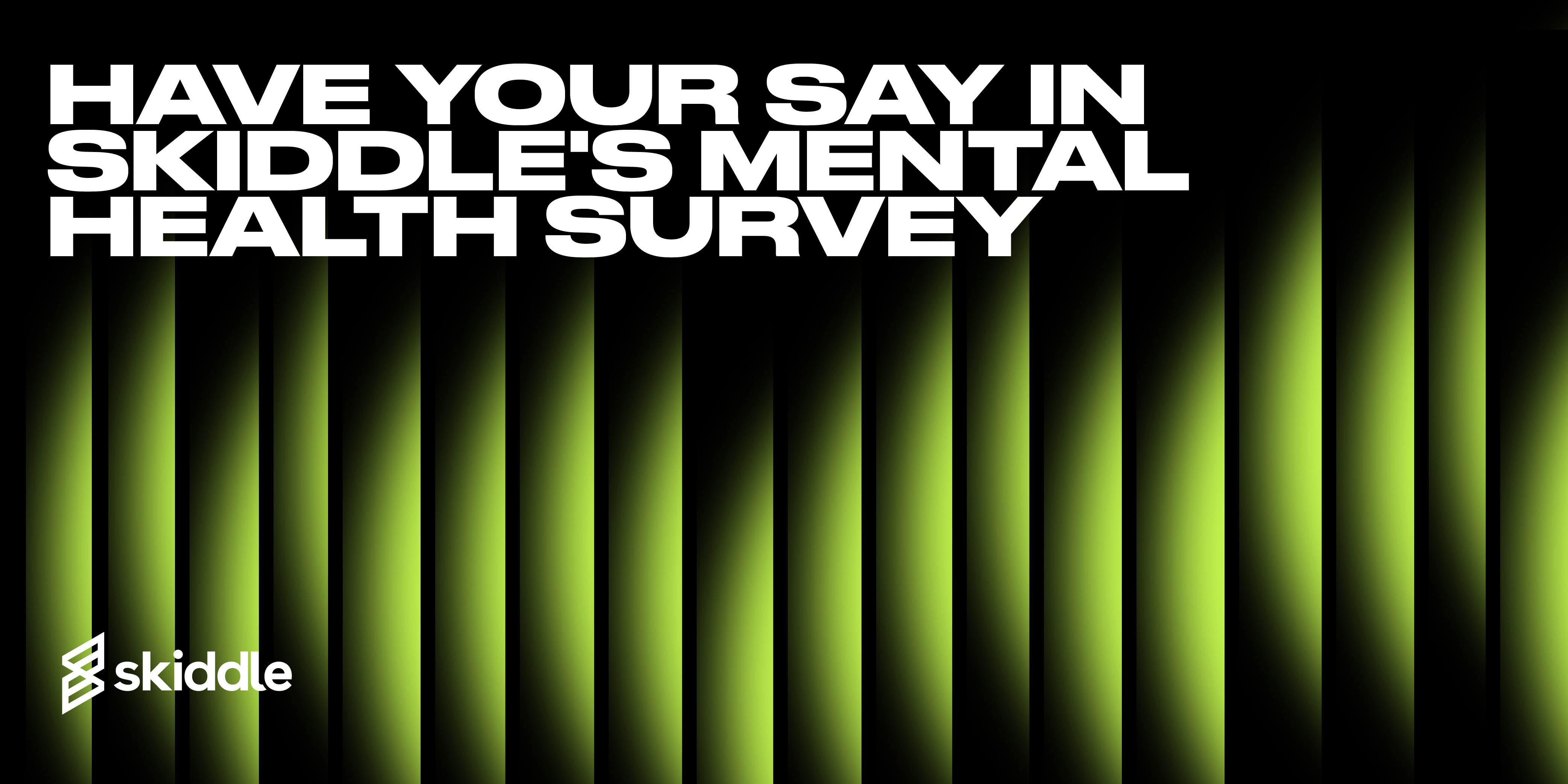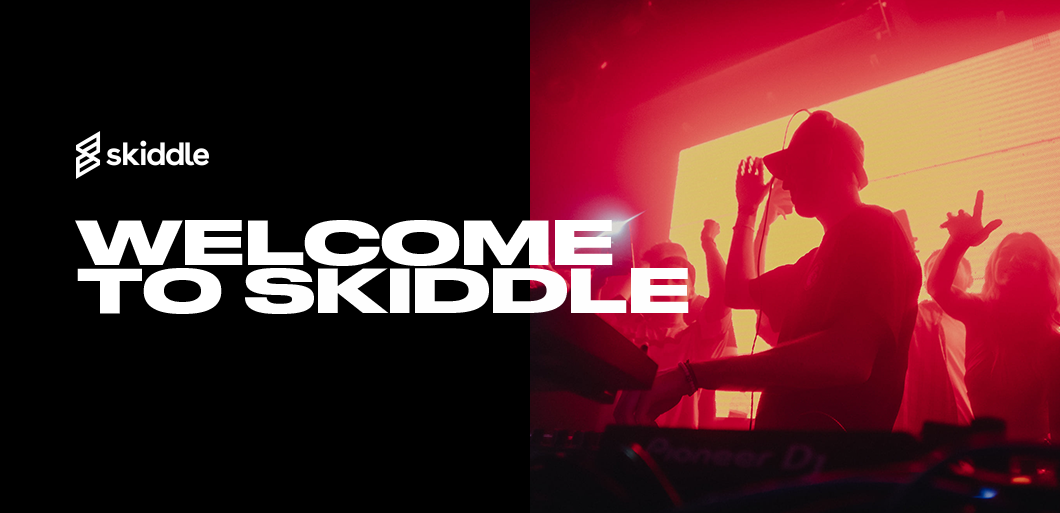- Behind the Scenes
Breaking into Event Photography – An Interview with Luke Curtis
-
By Mike
- 02 Apr 2017
- 15 min read
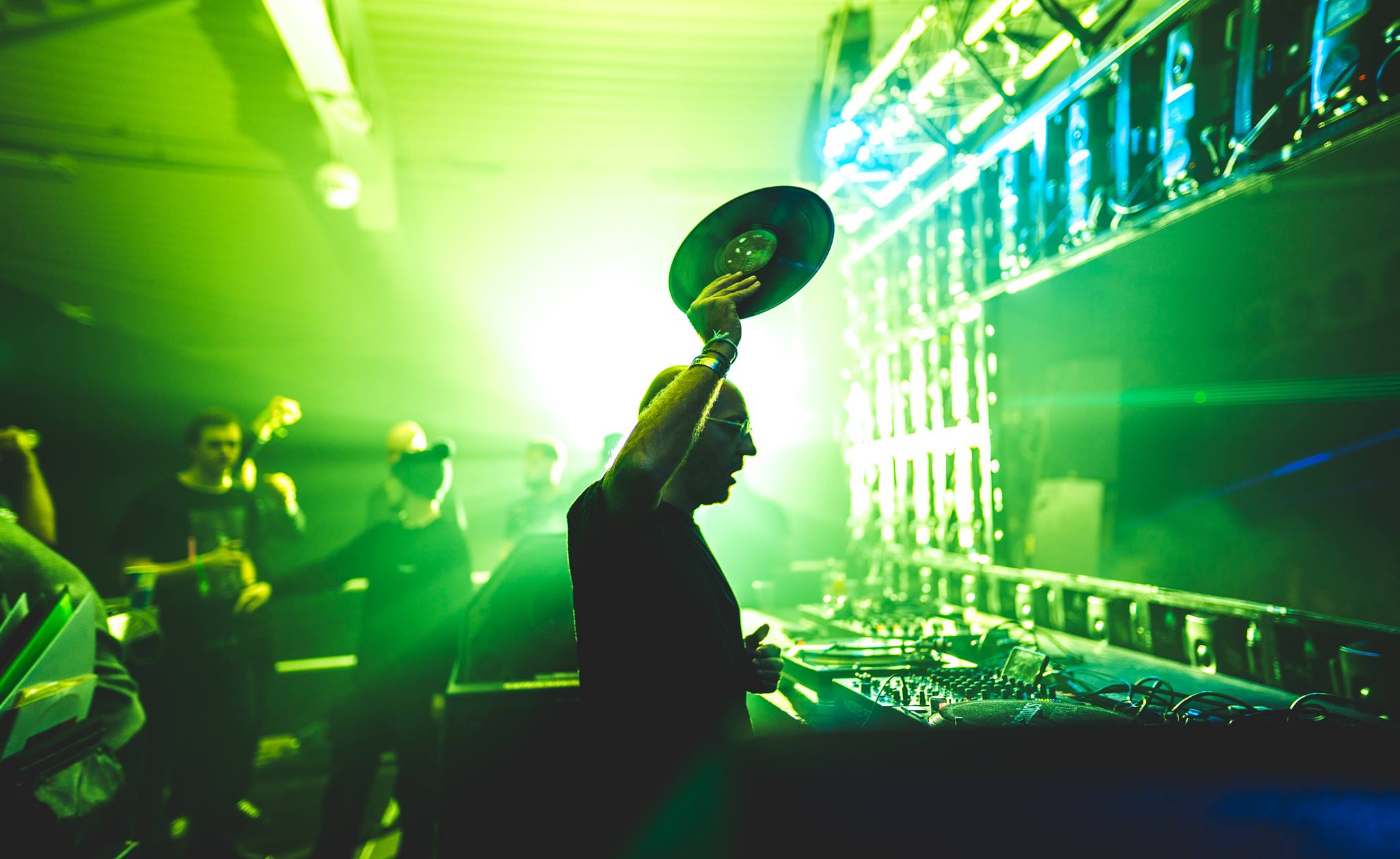
Photo: Sven Vath by Luke Curtis
With the advent of camera phones and social media, never before in history have our weekend and late night exploits been so well documented. But no matter how good our iPhone photo skills are, it’s almost impossible for us to fully capture the full story of the night, in all its glory. This is where the job of the club and event photographer comes in, capturing the moments that we live for, creating perfectly framed, lasting memories that can be relived by event-goers and utilised by promoters to show off just how special their events are.
The photography industry is without doubt booming. The demise of film has made high end photography much more affordable and less time-consuming, while its mastery still takes excessive levels of time and dedication. In an industry this competitive, what does it take to make your mark and carve a career? In the first of a new series of in depth interviews with industry professionals, we caught up with MIND YOUR STEP Studios boss and DJ Mag photographer Luke Curtis to find out more about his journey into event photography, how he broke through, and what he does to stay on top of his game.
When did you decide that you wanted to become a professional photographer?
I decided in 2014 that it’s what I wanted to do full time, but the story started back in 2011 when I was working for Sony and expecting my Daughter. I was advised by a good friend and colleague at the time, Sam, to get a decent camera and not miss any part of her growing up. As soon as I started taking pictures I couldn’t stop, and from 2011 to 2014 I naturally built a portfolio. When it was strong enough I decided to leave Sony and follow my passion.
What steps did you take in order to break into the scene? And how long was it before your full time career?
I unintentionally started building my portfolio in 2011, at the time it was a hobby. I took pictures of everything to learn as much as I could – I got into urbex and exploring abandoned buildings and started to get a good social following. That’s when the idea of being a photographer really started to grow. I took a picture of an empty club in Ipswich which was due to be taken over by the deltic group and become Unit 17. Due to the hashtags I used they liked the picture and got in touch. After a meeting with the new manager I got a residency there taking pictures.
I’ve always been a music fan and combining photography and music was amazing. I knew early on it was something I wouldn’t be able to walk away from, so I used the time there to build an events portfolio and learn the ropes. While researching techniques and other photographer’s work in events I can across Ryan Dinham… I was blown away by his work. In my opinion he’s one of the best in the industry – you could say he inspired me early on.
I knew with my portfolio I’d never get looked at seriously in the dance scene so I used my portfolio to get opportunities at known events, offering my services free to get a foot in. I got opportunities at Studio 338 with ABODE’s Artikal, Ministry of Sound, Sundown Festival and The Social. Each opportunity I got I used the end results to find the next one until my work was good enough to sell. I am really grateful they gave me an opportunity to build my portfolio and I work with a lot of them now, which is great as they have seen the journey and supported it fully.
Time-wise it’s taken me just over a year to break into the mainstream, but the preparation work had been going on for years. I think a large part of my success is, as my partner Robyn says, having an ‘unhealthy obsession’ with music and photography – I just can’t put it down. Day in, day out, I’m pushing new ideas, approaching new clients and marketing myself.
What are some of the key elements to consider when shooting music events and clubnights?
Club photography in my opinion is one of the hardest skills to master. You’er taking pictures of moving subjects mostly in the dark. It isn’t easy! For me it’s about having specific kit for each job. A festival is different to a night at Egg London. The lighting changes all the time so you have to be prepared to be totally unprepared and take a good layout to cover all bases. My kit includes Sony a7rii, a good couple of prime Sigma lenses (as I am sponsored by them), a good ranged, 24-70mm lense, and 2 flashes with a control unit that means I can create my own lighting regardless of what’s going on with the light on the night. Outside of that the key is having enough juice to get you through the night so batteries, batteries, batteries, oh, and SD cards.
Other considerations are the artists and clubbers. Ultimately the night is about them, I’m just taking a record of it for them all to relive. If I’ve never worked with an artist I like to look at the images they share on their socials and produce images that they will like and share as it boosts my work to a wider audience. I’ve had Detroit swindle, Sam Divine and Norman Jay MBE share my work.
I also just try to blend in – I hate posed group images of girls pouting or boys being hard and like to get the event in its purest form, so I dress like a raver, dance and generally blend in which makes all my work candid and true.
Which have been some of your most memorable shoots?
Ah man, you could ask me about all the top guys that do event photography and I could tell you my favorite images of theirs, but I’m never happy with my work. It’s part of that obsession and I think that’s why I work so hard. If I had to pick a few it would be more to do with the story behind it than the images themselves.
There was Kolsch’s eight hour set at Faust Paris… I got flown to Paris to take pictures at this unreal club. I was buzzing as I’d never done anything abroad so it was a real landmark for me and one image stands out.
Skream at Studio 338 for elrow was another highlight. I was taking a picture of a raver taking a selfie but when I was editing I noticed Skream going nuts… it’s just a funny picture that always makes me laugh. Plus I loved Studio 338 and elrow so it was a good combination of feelings.
Carl Cox and Norman Jay MBE for DJ mag’s best of British at Egg was great too. Getting to work with DJ Mag is by far one of my proudest achievements, photography-wise. Ultimately I am just a fan of music and photography so always read their mag as it has tonnes of both. Getting to work with them gives me a massive buzz every time and the team there is great, it has a real family vibe and they are so heavily into the scene, it makes it legitimate, not just a business. They love music and it shows, so working with them makes me proud, and getting to cover the best of British awards was a massive highlight in my career, topped off by two of the greatest artists in the industry smiling and enjoying a moment. I took my best mate Jacques for his birthday as well so its just a great memory all round.
What have you found to be the best way to get your work out there and get exposure? How do you utilise social media and online tools?
My education was in marketing so I really believe that, even if you are the greatest tog out there, without a platform you won’t be noticed. The old saying is ‘if they can’t see it, you can’t sell it’, so I regularly use mail-outs to my database of 4,000+ people in the industry that I’ve collected over the years – showing what we have been up to and what services we offer. Every week I get new work from this so it’s a vital lifeline for my business.
Other than that I use Twitter, Facebook and Instagram, the latter being the ‘one’ I use to show my portfolio off to new clients as everyone has it. It can really target your demographic with the right hashtags… I’ve built nearly 17,000 followers and am so proud of it. If you go back to the first images it shows a story… it’s true to my journey and I still find myself going back over it and pinching myself. My advise to anyone serious about pictures is get on Instagram, understand it and enjoy it. I love popping in a hashtag and looking at what’s out there – it’s a great place for inspiration.
What would you say the benefits are for event organizers to work with photographers and videographers for events, and what platforms should they be exploring to get the best out of them?
All parties should have good stories to tell afterwards and this is the medium for keeping the feeling alive. The benefits for organisers are huge as it keeps their events alive longer. Say you throw a party on Saturday and the images are ready Monday or Tuesday morning… All the revelers will be in the office checking them out, sharing them and talking about how amazing Saturday night was and what so and so did, perhaps using the images as profile pictures. That just broadens the reach of the event and keeps the story alive.
If you throw events monthly and have a good strategy you can stage the release of images on your socials to ensure your customer come back, it’s a retention tool if you’re smart and know how to use it.
Promoters and venues need to be using all the key social platforms and not uploading too much. Over time I have learnt to restrict what I show. If you flood your socials with 400 images from a night people get bored of looking. Only show the best and just give them enough to leave them wanting more. I see myself as a visual artist, and like music artists you need to keep things fresh all the time otherwise people get bored. Promoters need to see it the same way, and use the music and visuals together.
What are some of the biggest challenges you face as a photographer?
To get a foot hold in the industry you need a portfolio, and to get this you have to work for free – just like I did, but there are a lot of promoters that will take advantage of this and it causes a false economy as a ‘why would I pay for it if I can get it for free?’ mentality kicks in and that means your service is devalued.
Photography is like the ‘in’ thing currently and everyone wants to be a photographer, there are a lot people willing to work for free and a lot of promoters taking advantage. It doesn’t effect me much now as the bigger brands see value in it and don’t take advantage, but I still see it as an issue because I don’t want people being taken advantage of and giving the industry a bad name.
The other challenge is that these newcomers are good, like, really good! But that’s an excellent challenge as it forces you to produce your best work. I love collaborating and have expanded MIND YOUR STEP studios to being an agency for photographers run by photographers, making sure these skilled creatives get a chance at following their passion whilst keeping me young in the process.
What advice would you give to photography students or those looking to pursue this career? What can they do to stand out and get noticed?
Ask yourself if you would define your relationship with photography or video as an ‘unhealthy obsession’. If it isn’t, don’t follow it as you need that passion to get anywhere, just like musicians. If it is, build a portfolio, share your work, learn as much as you can and collaborate – the rest is down to time.
Find out how Skiddle can help promote your event here.










